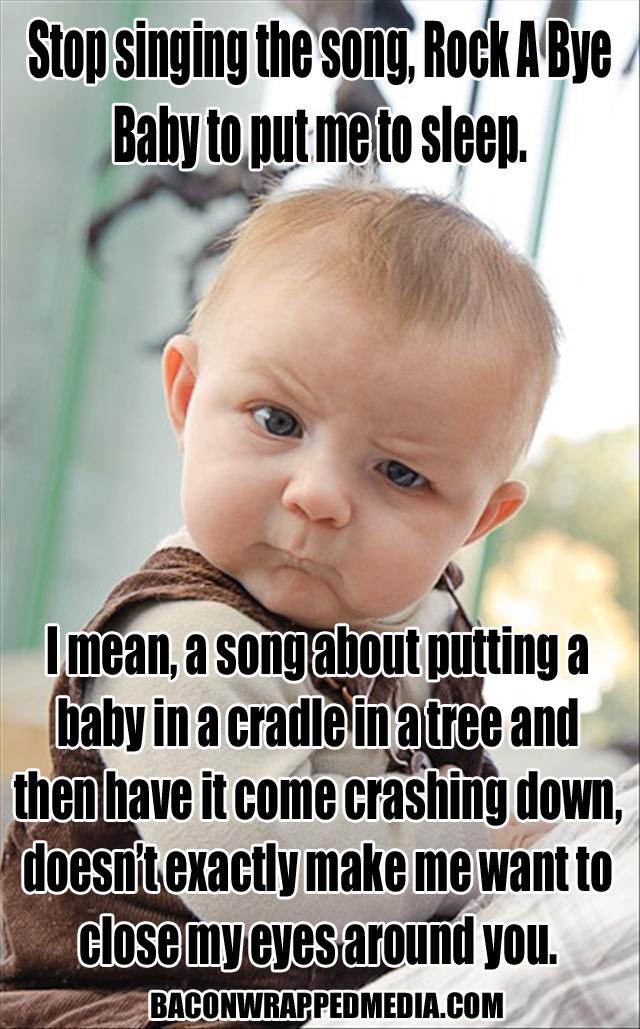

Give it at least two weeks to see if it’s working. Consider trying (or retrying) sleep training if your baby is at least 4 to 6 months old.If she keeps crying, you may want to say a few comforting words from the door and leave her again, repeating as necessary at increasing intervals of time.

Try to avoid rocking, cuddling or feeding your baby, as this may encourage her to regularly wake for your attention. If she doesn’t, enter the room to check that everything’s okay, pat her on the head or tummy, quietly say a reassuring word and leave. If your baby suddenly starts crying in the middle of the night, give her a few minutes to fuss before you respond she may self-soothe back to sleep.Ensure your baby is getting enough sleep during the day, as overtired babies are more likely to have problems sleeping at night.Stick to a consistent bedtime routine. Think dinner, bath, book, lullabies and a few comforting words.Get to know and watch out for your baby’s sleep cues (like rubbing her eyes, fussiness, yawning, looking away), so you can get her to bed before she’s overtired - which makes it harder for her to fall and stay asleep.Follow these tips to manage sleep regression in your baby: Tips for managing sleep regressions in your babyįortunately, sleep regression is usually temporary. Toddlers often go through sleep regressions at around 15 months, 18 months, 2 years and 3 years that may be caused by nightmares and night terrors, fear of the dark, toddler teething and separation anxiety.

Reaching big milestones can cause temporary sleep problems. At around the 1-year mark, others take their first steps (although the average age is 14 months, with some babies starting earlier and others waiting until the 18-month mark). 12 months: Sometime between 9 to 12 months, babies start standing up.Separation anxiety is also common (and perfectly normal) around this age, which may cause your baby to wake up looking for reassurance from you during the night. 8 to 10 months:Many babies begin crawling when they’re around 9 months old (although some start sooner and others later) and begin standing at around 10 months.By this age, however, little ones are capable of sleeping through the night and may wake simply for snuggles - which means it might be time to test a sleep training method. 6 months: Babies often go through another growth spurt at about 6 months old.3 to 4 months: The dreaded 4-month sleep regression is often the hardest for parents simply because it's the first. There are several culprits behind baby sleep problems at this age: the pain caused by teething, hunger linked to growth spurts and the excitement of rolling over for the first time.Sleep regression can happen at any time, since it’s linked to unpredictable factors like disruptions in routines or an illness.īut there are a few periods when sleep regression is relatively foreseeable, due to growth spurts, teething or reaching new milestones: Sudden resistance to naps When sleep regressions happen.The signs of sleep regression can vary based on the cause of your baby’s sleep problems. Here are some signs your baby may be going through a sleep regression: In the meantime, stick to your routines and consider testing a sleep training method if necessary. Baby sleep regressions usually last about two to four weeks - the time for your little one to get used to a new routine or milestone or to recover from an illness - although the exact duration depends on the cause and can vary from baby to baby.


 0 kommentar(er)
0 kommentar(er)
